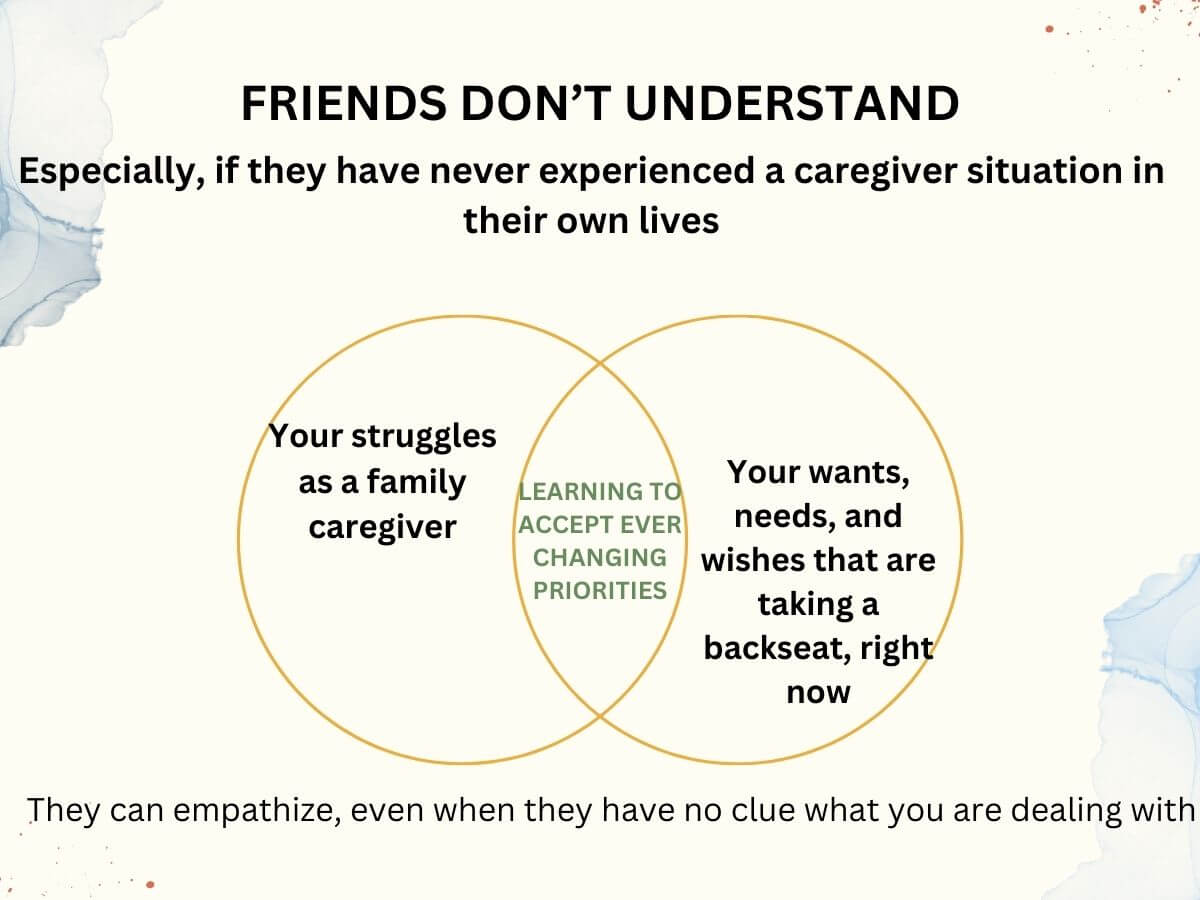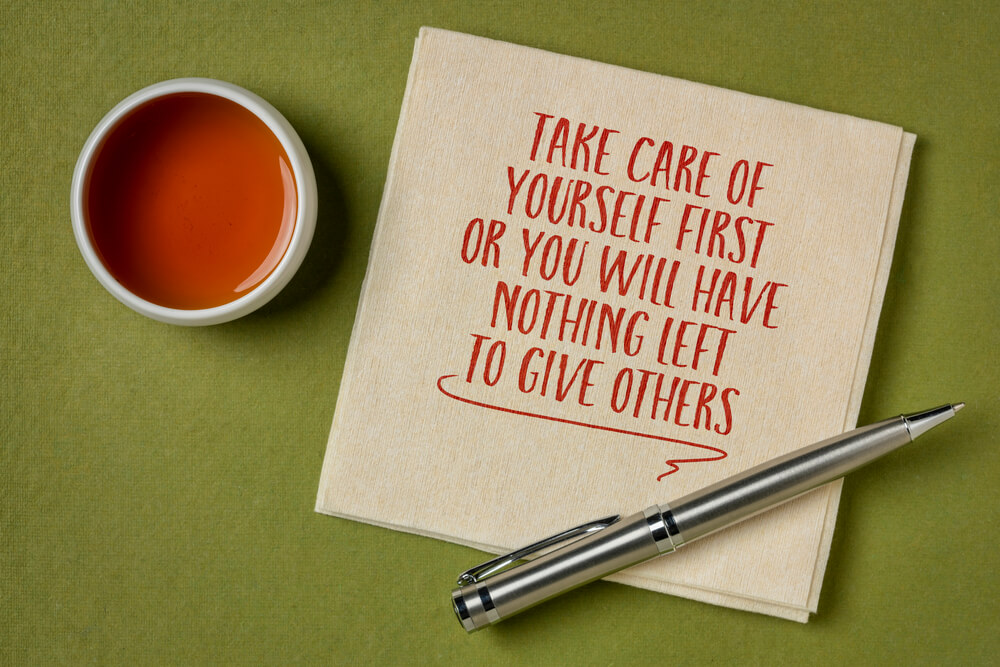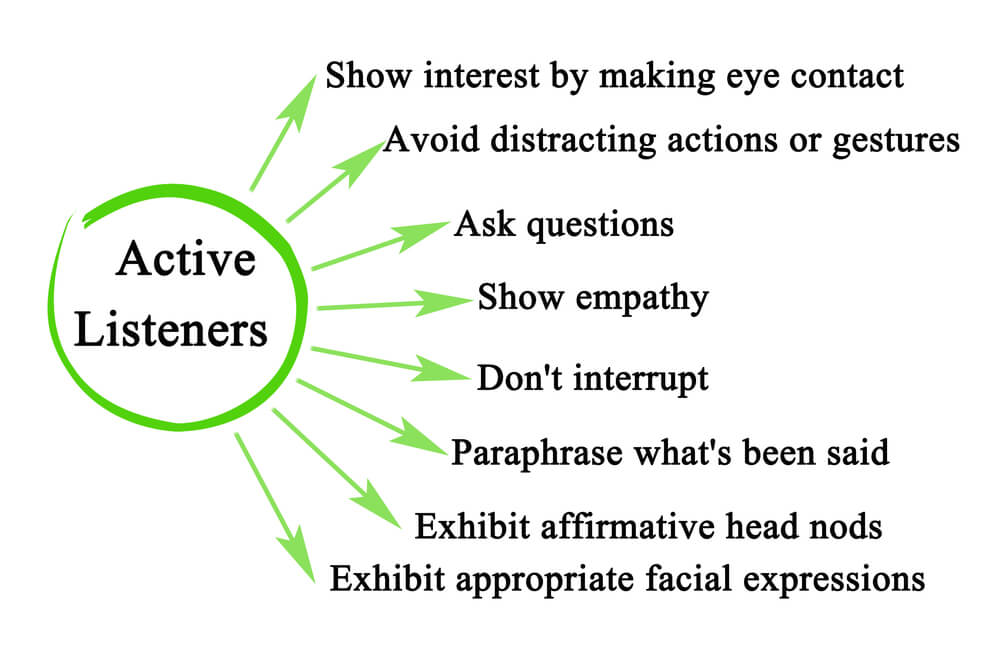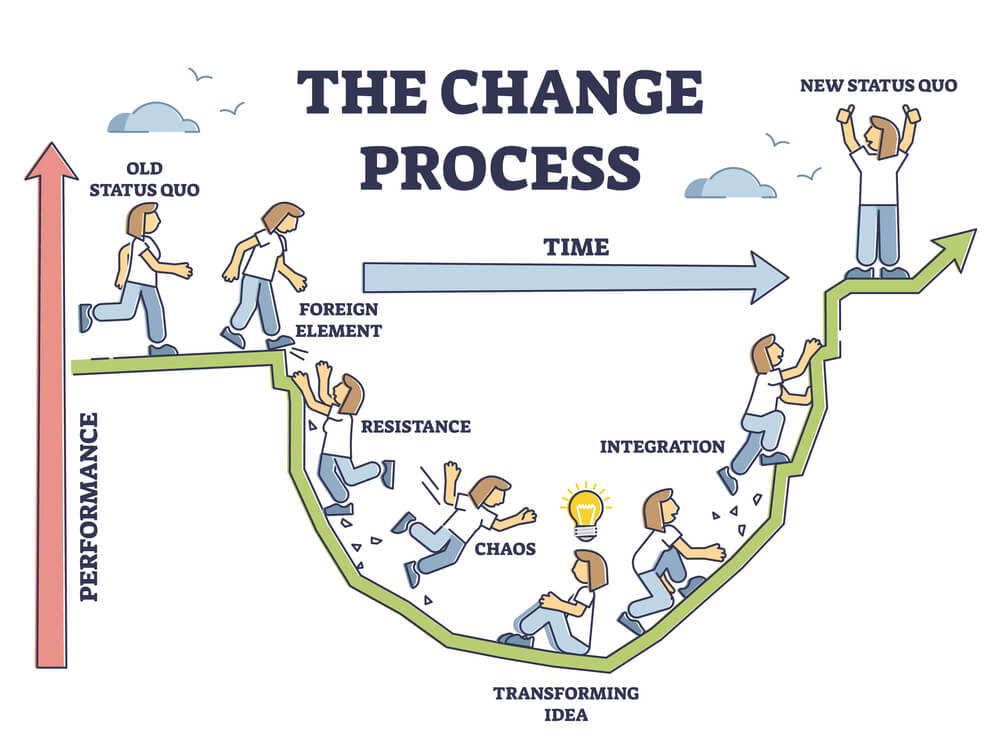
How to Stay Healthy with a Chronic Health Condition: Tips and Strategies
Understanding Chronic Health Conditions
Living with a chronic health condition can be challenging, but understanding what it is and how it affects your body can help you manage it better. Chronic health conditions are long-lasting illnesses that require ongoing management. Yes, ONGOING = Continuing= In Process.
If you or someone you love has any of these, then you have a chronic health condition: (note that these are the most common ones, not all)
Alzheimer’s disease Arthritis Asthma
Bipolar disorder Cancer COPD
Dementia Depression Diabetes
Eczema Endometriosis Epilepsy
Hashimoto’s disease Heart disease High blood pressure
High cholesterol HIV/AIDS Inflammatory bowel disease
Lower back pain Lupus Migraine’s
Chronic pain Sleep disorders Stroke
Chronic diseases affect the mind, spirit, and body, and can cause a boatload of symptoms, including fatigue, pain, and depression. Symptoms may vary depending on the type of chronic illness you have, but they can interfere with your daily activities and quality of life.
Learn about your illness and know the symptoms of your chronic health condition so that you can learn to manage them effectively. Keeping a symptom diary can help you track your symptoms and identify any patterns or triggers that may be contributing to your symptoms. Your triggers may be different than someone else with the same disease. Nothing will ever fit to a “T.”
In addition to symptoms, it is also important to understand the underlying causes of your chronic health condition. Some chronic diseases are genetic, while others may be caused by lifestyle factors such as diet, exercise, and stress. Understanding the underlying causes of your chronic illness can help you make lifestyle changes that can improve your overall health and well-being. You cannot change your genetics, but you can control all of the controllable factors.
Managing a chronic health condition requires a team approach that involves you, your healthcare provider, and your support network. Your healthcare provider can help you develop a treatment plan including medication, lifestyle changes, and other therapies to help manage your symptoms and improve your quality of life. Work with your doctor and health care team.
It doesn’t always matter how you feel. Sometimes, you have to make decisions on what you know and not what you feel.
Role of Healthcare Professionals
When you have a chronic health condition, it’s important to have a team of healthcare professionals to help you manage your condition. Here are some healthcare professionals that can help you stay healthy:
Consulting Your Primary Care Physician
Your primary care physician is your first point of contact for managing your chronic health condition. They can help you develop a treatment plan and monitor your progress. They can also refer you to specialists if necessary. It’s important to keep your primary care physician informed about any changes in your health or symptoms you may be experiencing.
Working with a Dietitian or Nutritionist
A dietitian can help you develop a healthy eating plan that is tailored to your specific needs. They can help you manage your weight, control your blood sugar, and reduce your risk of complications. They can also help you navigate food labels and make healthy choices when dining out.
Talking with a Therapist
Living with a chronic health condition can be stressful and overwhelming. A therapist can help you develop coping strategies and manage your emotions. They can help you deal with anxiety, depression, and other mental health issues that may arise as a result of your condition.
Interacting with Nurses
Nurses play a vital role in the management of chronic health conditions. They can help you monitor your symptoms, manage your medications, and provide education on self-care. They can also help you navigate the healthcare system and connect you with other resources in your community.
Talk with Pat of Empowering Health Options
Yes, that is my shameless plug for my services, You know someone who needs a guide and plans of action to access when things decline. Some of you want a trusted resource to help you find your best options during these stressful times. I don’t know if I can help you and your loved one until we talk. Pat Collins 865-684-8771. Leave me a message, if I am unable to answer.
Managing Chronic Conditions
Living with a chronic condition can be challenging, for the one with the condition and the family. With the right approach, you can manage your symptoms and improve your quality of life. Here are some tips to help you take control of your health and manage your chronic condition.
Taking Responsibility
The first step in managing your chronic condition is taking responsibility for your health. You are the most important person in your healthcare team, and it’s up to you to take an active role in your care. This means:
- Educating yourself about your condition and treatment options
- Asking questions and speaking up if you don’t understand something
- Making lifestyle changes to improve your health
- Keeping track of your symptoms and reporting them to your healthcare provider
- Being proactive about managing your condition
Adherence to Medication
Medication is often a critical component of managing a chronic condition. It’s essential to take your medication as prescribed by your healthcare provider. Here are some tips to help you stay on track with your medication:
- Set reminders to take your medication on time
- Use a pill organizer to keep track of your medication
- Refill your prescriptions before you run out
- Talk to your healthcare provider if you’re experiencing side effects or have concerns about your medication, do not just stop the medication and not tell your doctor
Following a Treatment Plan
Taking medication is only one part of your treatment plan, your healthcare provider may recommend other treatments to manage your chronic condition. It’s important to follow your treatment plan to get the best possible outcomes. Yes, sometimes you do have to exercise more and sometimes you have to eat for nutritional needs. Here are some tips to help you stick to your treatment plan:
- Understand your treatment plan and ask questions if you’re unsure
- Make a schedule to fit your treatment plan into your daily routine
- Keep track of your progress and report any changes to your healthcare provider
- Make adjustments to your treatment plan as needed
No one can make you do or not do anything. It is up to you. Will you make the commitment to do what is necessary to be better and feel better?
Chronic Diseases and Their Impact
Diabetes and Blood Sugar Levels
Diabetes is a chronic disease that affects how your body processes sugar. High blood sugar levels can damage your organs and lead to other health problems. If you have diabetes, it’s important to monitor your blood sugar levels and follow a healthy diet and exercise plan. Just because you cannot see the tiny blood vessels leaking, doesn’t mean that it isn’t happening. Just because you can’t see what the impact of your uncontrolled diabetes is having on your heart, eyes, kidneys, blood vessels and nerves doesn’t mean that damage is not being done. Once the damage is done, It Cannot Be Undone!
Heart Disease and Hypertension (High blood pressure)
Heart disease and hypertension are chronic conditions that affect your heart and blood vessels. These conditions can lead to heart attacks, strokes, and other complications. To manage these conditions, it’s important to follow a healthy diet and exercise plan, take medications as prescribed, and monitor your blood pressure regularly.
Cancer and Its Risk Factors
Cancer is a chronic disease that occurs when cells in your body grow uncontrollably. There are many risk factors for cancer, including genetics, lifestyle, and environmental factors. To reduce your risk of cancer, it’s important to follow a healthy nutrition plan, exercise regularly, and avoid tobacco and excessive alcohol consumption.
Arthritis and Immune System
Arthritis is a chronic condition that affects your joints and causes pain and inflammation. There are many types of arthritis, including rheumatoid arthritis and osteoarthritis. These conditions can also affect your immune system, making it harder for your body to fight off infections.
Lung Diseases and Smoking
Lung diseases, such as chronic obstructive pulmonary disease (COPD) and asthma, can make it difficult to breathe. Smoking is a major risk factor for these conditions, and quitting smoking can help improve your lung function and overall health.
Kidney Disease and High Blood Pressure
Kidney disease is a chronic condition that affects how your kidneys function. High blood pressure is a major risk factor for kidney disease, and managing your blood pressure is important to prevent further damage to your kidneys.
Multiple Sclerosis and Its Symptoms
Multiple sclerosis is a chronic condition that affects your nervous system and can cause a range of symptoms, including muscle weakness, vision problems, and fatigue. There is no cure for multiple sclerosis, but medications and lifestyle changes can help manage symptoms.
Dementia and Its Challenges
Dementia is a chronic condition that affects your cognitive function, including memory and thinking skills. This condition can be challenging for both the person with dementia and their caregivers. To manage dementia, it’s important to follow a healthy diet, exercise regularly, and engage in activities that stimulate the brain.
Chronic Obstructive Pulmonary Disease and Its Causes
Chronic obstructive pulmonary disease (COPD) is a chronic lung condition that makes it difficult to breathe. Smoking is the leading cause of COPD, and avoiding tobacco is important to prevent further damage to your lungs.
Psoriasis and Skin Health
Psoriasis is a chronic skin condition that causes red, scaly patches on your skin. This condition can be uncomfortable and embarrassing, but there are treatments available to manage symptoms and improve skin health.
Asthma and Its Triggers
Asthma is a chronic lung condition that causes inflammation and narrowing of the airways. This condition can be triggered by a variety of factors, including allergens, exercise, and stress. To manage asthma, it’s important to avoid triggers and take medications as prescribed.
Cardiovascular Disease and Cholesterol
Cardiovascular disease is a chronic condition that affects your heart and blood vessels. High cholesterol is a major risk factor for cardiovascular disease, and managing your cholesterol levels is important to prevent complications.
HIV and Immune System
HIV is a chronic condition that affects your immune system and can lead to AIDS. There is no cure for HIV, but medications can help manage the virus and prevent complications.
Lifestyle Changes for Better Health
Adopting a Healthy Nutrition Plan
Eating a healthy diet is essential for managing chronic health conditions. A healthy nutrition plan includes a variety of fruits, vegetables, whole grains, eggs, legumes, and nuts. Avoid processed and packaged foods that are high in sodium, sugar, and unhealthy fats. Try to eat at regular intervals and avoid skipping meals. Eating small, frequent meals can help you maintain your blood sugar levels.
Incorporating Physical Activity
Regular physical activity can help you manage your chronic health condition and improve your overall health. Exercise can help you control your weight, lower your blood pressure, help you manage your pain, and improve your mood. Try to incorporate physical activity into your daily routine. If you are not used to exercising, start slowly and gradually increase the duration and intensity of your workouts. Our bodies are made to move.
Getting Adequate Sleep
Getting enough sleep is essential for managing chronic health conditions. Lack of sleep can lead to increased stress levels, which can worsen your condition. Try to establish a regular sleep routine and avoid caffeine and alcohol before bedtime. Make sure your bedroom is quiet, dark, and cool. Good sleep is necessary for the body and the brain.
Quitting Smoking
Smoking can worsen chronic health conditions and increase your risk of developing other health problems. If you smoke, quitting is the best thing you can do for your health. Talk to your healthcare provider about the best way to quit smoking. There are many resources available to help you quit, including nicotine replacement therapy, medications, and support groups.
Making lifestyle changes will be challenging. But eventually, it will become your new normal and a habit. By adopting a healthy nutrition plan, incorporating physical activity, ensuring adequate sleep, and quitting smoking, you can improve your overall health and manage your condition more effectively.
Psychological Well-being and Chronic Conditions
Managing Stress
Stress can make symptoms of chronic conditions worse and make it more difficult to manage your health. Finding healthy ways to manage stress is an important part of maintaining your well-being. Some strategies you can try include:
- Exercise: Regular physical activity can help reduce stress and improve your mood.
- Deep breathing: Practicing deep breathing exercises can help you relax and reduce stress.
- Time management: Prioritizing your tasks and breaking them down into manageable chunks can help reduce stress and increase productivity.
- Relaxation techniques: Trying relaxation techniques such as yoga, tai chi, or massage therapy can help reduce stress and promote relaxation.
Practicing Mindfulness and Meditation
Mindfulness and meditation can be helpful tools for managing stress and improving your mental health. Mindfulness involves paying attention to the present moment without judgment. Take a class or course to learn how to meditate. Meditation involves focusing your attention on a specific object, thought, or activity to promote relaxation and reduce stress. Some benefits of mindfulness and meditation include:
- Reduced stress and anxiety
- Improved mood
- Increased self-awareness
- Improved sleep quality
- Decrease pain
Joining Support Groups
Joining a support group can be a helpful way to connect with others who are going through similar experiences and receive emotional support. Support groups can provide a safe space to share your feelings and experiences and learn coping strategies. Some benefits of joining a support group include:
- Feeling less isolated
- Learning from others’ experiences
- Receiving emotional support
- Finding new coping strategies
Engaging in Hobbies (Play)
Engaging in hobbies and activities you enjoy can be a helpful way to reduce stress and improve your mental health. Hobbies can provide a sense of purpose and fulfillment and help you relax and unwind. Some hobbies you might consider include:
- Painting or drawing
- Playing music
- Gardening
- Reading
- Cooking or baking
Prioritizing your psychological well-being is an important part of managing a chronic condition.
Preventive Measures and Chronic Conditions
Healthy Lifestyle
Maintaining a healthy lifestyle is essential for preventing chronic diseases. Eating a balanced diet, getting regular exercise, and avoiding smoking and excessive alcohol consumption can help you maintain good health. Eating a diet rich in fruits, vegetables, whole grains, and lean protein can help you maintain a healthy weight and reduce your risk of chronic diseases.
Lifestyle Changes
Making lifestyle changes can be challenging, but it’s worth the effort. Small changes can add up over time and help you achieve your health goals. For example, taking a short walk every day can help you get more exercise and reduce your risk of heart disease. If you smoke, quitting can help you reduce your risk of lung cancer and other health problems.
Exercise
Regular exercise is important for maintaining good health. Exercise can help you maintain a healthy weight, reduce your risk of chronic diseases, and improve your mood. Aim for at least 150 minutes of moderate-intensity exercise per week, such as brisk walking or cycling. Strength training exercises can also help you build muscle and improve your overall health. Schedule it in your week. Write it down and then do it.
Risk Factors
Knowing your risk factors can help you take preventive measures to reduce your risk of chronic diseases. Risk factors for chronic diseases include obesity, high blood pressure, high cholesterol, and smoking. If you have any of these risk factors, talk to your doctor about ways to reduce your risk.
Preventive Services
Preventive services, such as regular check-ups and screenings, can help you stay healthy. For example, regular blood pressure and cholesterol screenings can help you identify potential health problems early and take steps to manage them. Talk to your doctor about which preventive services are right for you.
High Cholesterol
High cholesterol is a risk factor for heart disease and stroke. Eating a healthy diet, getting regular exercise, and taking medication as prescribed by your doctor can help you manage your cholesterol levels and reduce your risk of heart disease and stroke.
Pick one thing to work on for 6 weeks. Then you can add another thing. You want it to become a habit. You really are worth it!















